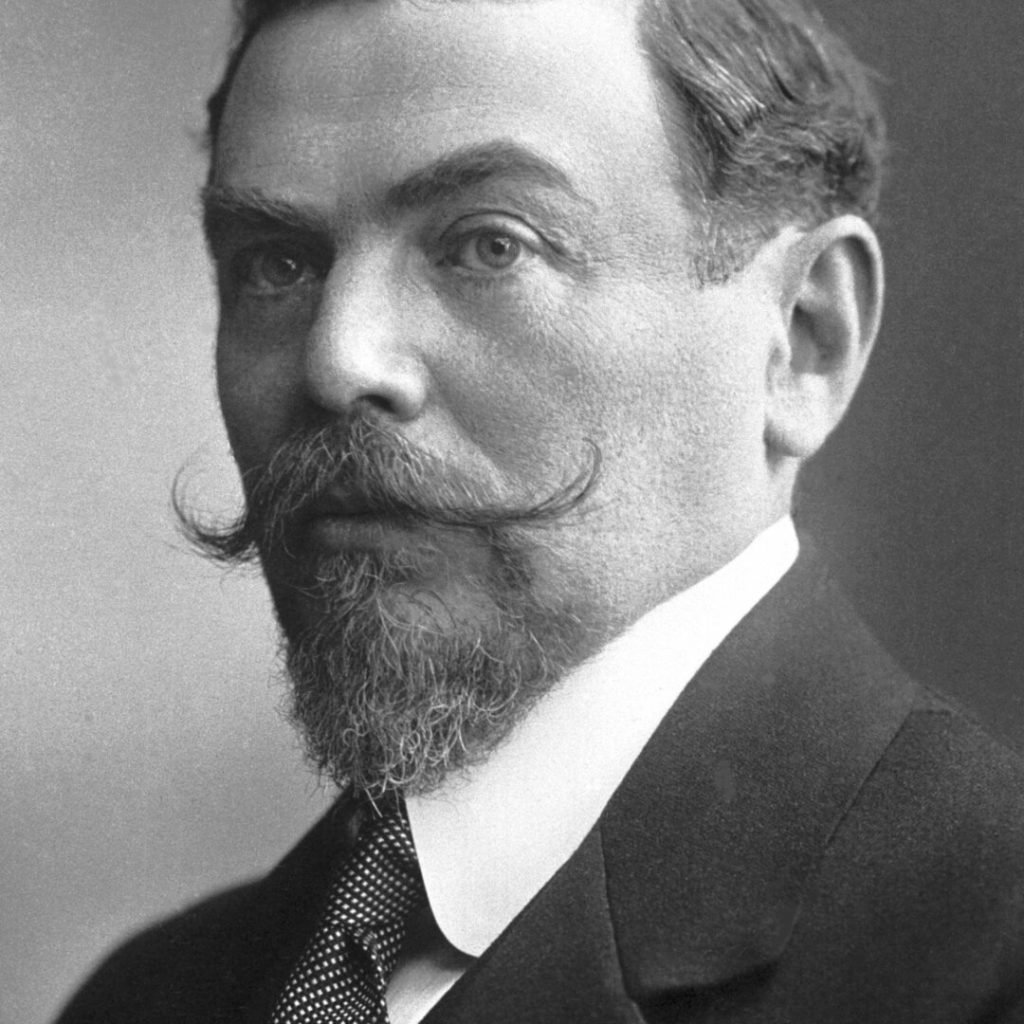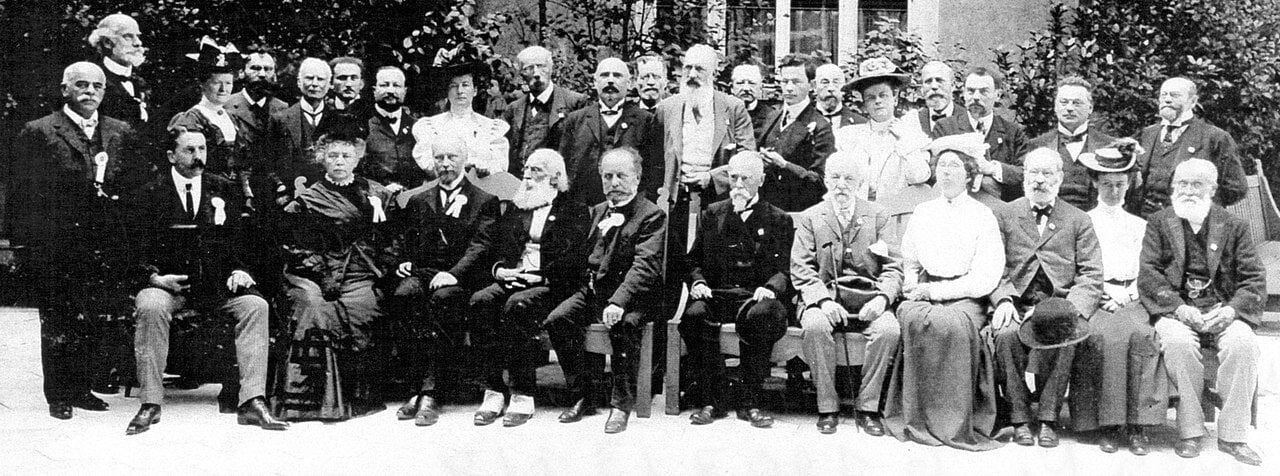Alfred Fried
Speed read
Alfred Fried was awarded the Nobel Peace Prize for his efforts to popularise the work of experts in international law and promote a new and peaceful organisation of society. He shared the prize with Tobias Asser.

Full name: Alfred Hermann Fried
Born: 11 November 1864, Vienna, Austria
Died: 4 May 1921, Vienna, Austria
Date awarded: 10 December 1911
Publisher and disseminator of popularised information
Alfred H. Fried advocated the philosophy of development optimism, which saw humankind on an evolutionary course toward world peace. Politicians and peace advocates needed to seek the reorganisation of the international community. He believed that arbitration would be a useful tool for promoting peace, and supported the Permanent Court of Arbitration in The Hague. Fried moved to Germany and helped to found the German Peace Society, but his true life’s work lay in his publishing and writing. For decades he collaborated with 1905 peace laureate Baroness Bertha von Suttner (Austria), who was a regular contributor to his journal Die Friedens-Warte (The Peace Watch). Fried wrote thousands of articles and published numerous books. His goal was to create a new and peaceful society by popularising the ideas and opinions of international legal scholars.
"He has probably been the most industrious literary pacifist in the past twenty years."
Jørgen Løvland, Chairman of the Nobel Committee, 10 December 1911.
| Development optimism A belief that developments will improve the human condition. Has roots in the 18th century Age of Enlightenment when great advances were made in science and culture, such as the formulation of human rights declarations. |
Cooperation with Bertha von Suttner
At the age of 23, Fried moved to Germany and opened his own publishing house in Berlin. He took contact with his renowned compatriot Baroness Bertha von Suttner, thereby acquiring first-hand insight into the international peace movement. Starting in 1892, they published the monthly journal Die Waffen Nieder! (Lay Down Your Arms!), with Fried as publisher and von Suttner as editor. The title of the journal was the same as Bertha von Suttner’s famous book from 1889. Die Waffen Nieder! provided information from the inter-parliamentary conferences and the International Peace Bureau in Bern. It also addressed peace-related issues from all over the world.
"When assessing the work of A.H. Fried, one must also keep particularly in mind that the soil in which he has tried to sow his ideas – namely Germany, where the spirit of militarism is blossoming at its fullest – is the most uncultivable imaginable."
Bertha von Suttner, Nomination proposal, 1911.

Die Friedens-Warte
When the last edition of Die Waffen Neider! was published in 1899, Fried began to publish the weekly Die Friedens-Warte (Guardian of Peace). This became a powerful mouthpiece for the peace movement. However, the outbreak of WWI was a tremendous blow to Fried. He had to escape Germany because his publication was subject to military censorship. He continued to publish from Switzerland, but the publication was forbidden in Germany. Additionally, German newspapers marked Fried as a traitor. He died in Vienna in 1921, a poor man; but Die Friedens-Warte lives on today.
Disclaimer: Every effort has been made by the publisher to credit organisations and individuals with regard to the supply of photographs. Please notify the publishers regarding corrections.
Learn more
Alfred Hermann Fried (November 11, 1864-May 4, 1921) was born in Vienna, but pursued most of his active journalistic career in Germany ...
Nobel Prizes and laureates
Six prizes were awarded for achievements that have conferred the greatest benefit to humankind. The 12 laureates' work and discoveries range from proteins' structures and machine learning to fighting for a world free of nuclear weapons.
See them all presented here.
